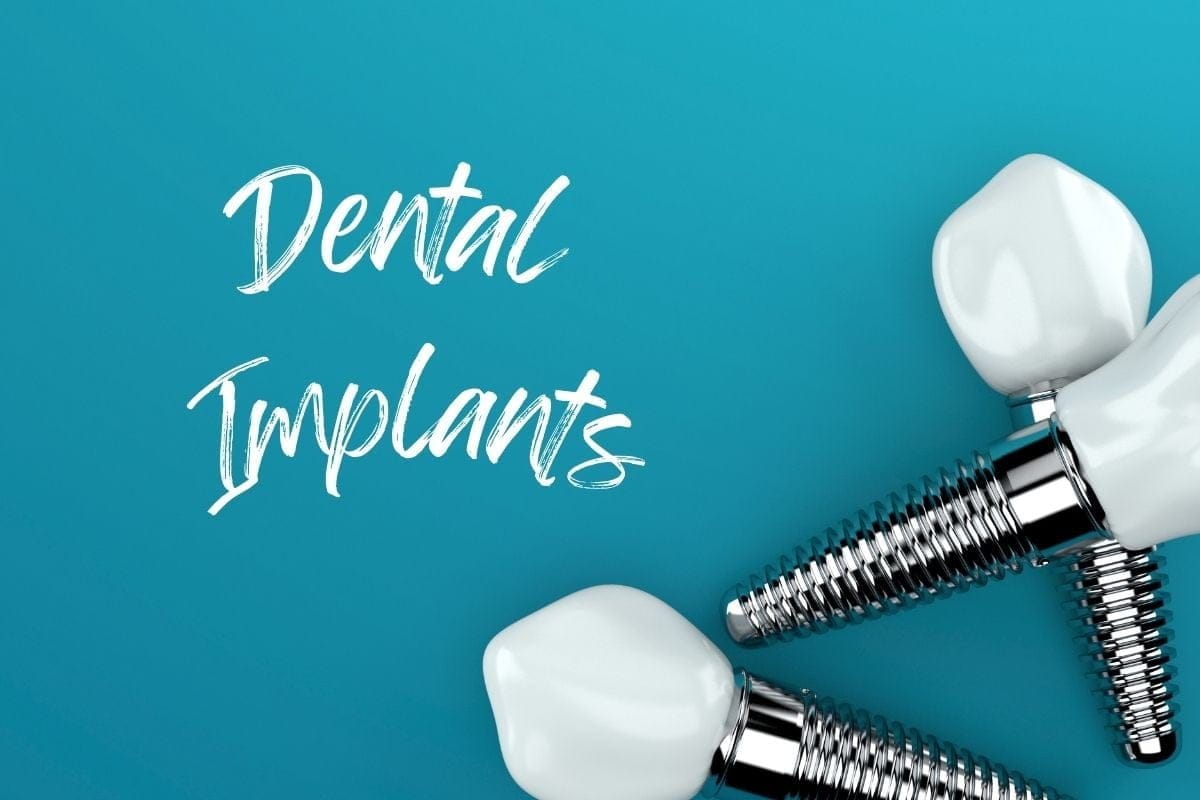Everything You Need to Know About Dental Implants

Dental implants have revolutionized the field of dentistry, offering a long-term solution for missing teeth that look, feel, and function like natural teeth. If you’re considering dental implants, it’s important to understand the process, benefits, and care involved. Here’s everything you need to know about dental implants.
What Are Dental Implants?
Dental implants are artificial tooth roots, typically made of titanium, that are surgically placed into the jawbone. They provide a strong foundation for fixed or removable replacement teeth that are made to match your natural teeth.
The Dental Implant Process
- Initial Consultation: The process begins with a thorough dental examination, including X-rays and possibly 3D images. Your dentist will evaluate your jawbone’s health and discuss your medical history to determine if you’re a suitable candidate for implants.
- Bone Grafting (if necessary): If your jawbone isn’t thick enough or is too soft, bone grafting may be required. This process involves adding bone or bone-like material to ensure a solid foundation for the implant.
- Implant Placement: During the surgery, the dentist will make an incision in your gum to expose the bone and then drill a hole where the metal post will be placed. This post serves as the tooth root.
- Osseointegration: After the implant is placed, a process called osseointegration begins. This is when the jawbone grows around the implant, securing it firmly in place. Osseointegration can take several months.
- Abutment Placement: Once osseointegration is complete, an abutment is placed on the implant. This is the piece where the new tooth will eventually attach.
- Crown Placement: The final step involves attaching the custom-made crown to the abutment. The crown is designed to blend in with your natural teeth.
Benefits of Dental Implants
- Improved Appearance: Implants look and feel like your own teeth.
- Enhanced Comfort: Unlike dentures, implants become a permanent part of your mouth, eliminating discomfort.
- Easier Eating: Implants function like your own teeth, allowing you to eat your favorite foods without pain.
- Durability: Implants are very durable and can last many years with proper care.
- Improved Oral Health: Implants do not require reducing other teeth, which means more of your own teeth are left intact.
Are You a Candidate for Dental Implants?
Most people who are healthy enough to undergo a routine dental extraction or oral surgery can be considered for a dental implant. However, it’s important to have healthy gums and enough bone to hold the implant. Good oral hygiene and regular dental visits are critical to the success of dental implants. Heavy smokers, people suffering from uncontrolled chronic disorders, or patients who have had radiation therapy to the head/neck area need to be evaluated on an individual basis.
Caring for Your Dental Implants
Caring for dental implants is similar to caring for natural teeth. Here are some tips to ensure their longevity:
- Brush and Floss: Brush at least twice a day and floss daily to remove plaque and food particles.
- Use Antibacterial Mouthwash: This helps reduce the risk of infection.
- Regular Dental Check-ups: Visit your dentist regularly for professional cleanings and check-ups.
- Avoid Hard Foods: Avoid chewing on hard items such as ice and hard candy to prevent breaking the crown.
Risks and Complications
As with any surgery, dental implant surgery carries some risks. Problems are rare, though, and when they do occur, they’re usually minor and easily treated. Potential risks include:
- Infection: At the implant site.
- Injury or Damage: To surrounding structures, such as other teeth or blood vessels.
- Nerve Damage: Can cause pain, numbness, or tingling.
- Sinus Problems: When implants placed in the upper jaw protrude into one of your sinus cavities.
Cost of Dental Implants
The cost of dental implants can vary widely based on several factors, including the number of teeth being replaced, the number of implants required to support these teeth, and whether any additional procedures are necessary to ensure the long-term health of the implants. Generally, the cost can range from $3,000 to $5,000 per implant.
Dental implants are a reliable and effective way to replace missing teeth, offering a solution that mimics the look and function of natural teeth. While the process requires time and financial investment, the benefits, including improved appearance, comfort, and oral health, make it a worthwhile option for many. Always consult with a qualified dental professional to discuss your specific needs and to determine if dental implants are the right choice for you.


